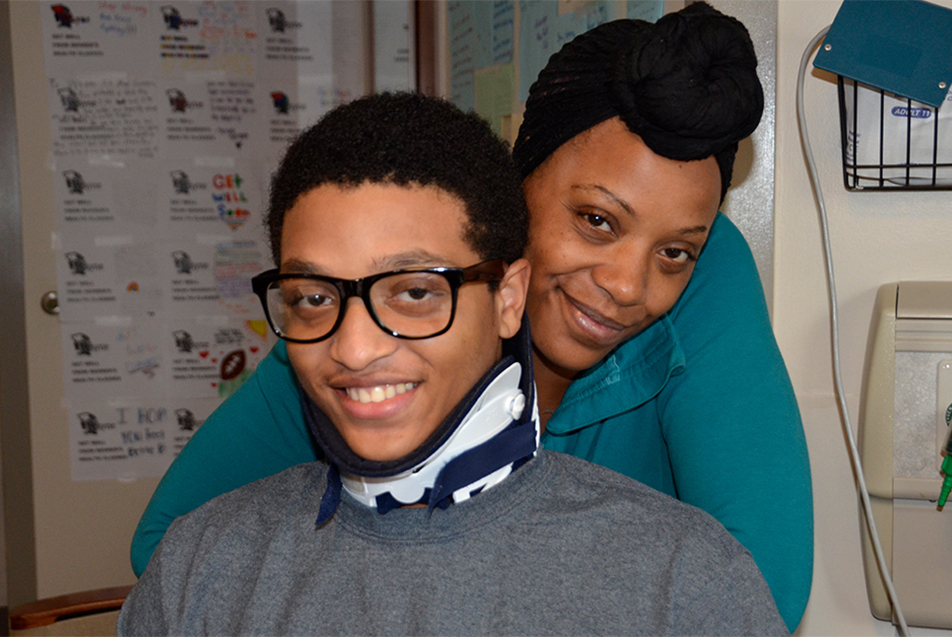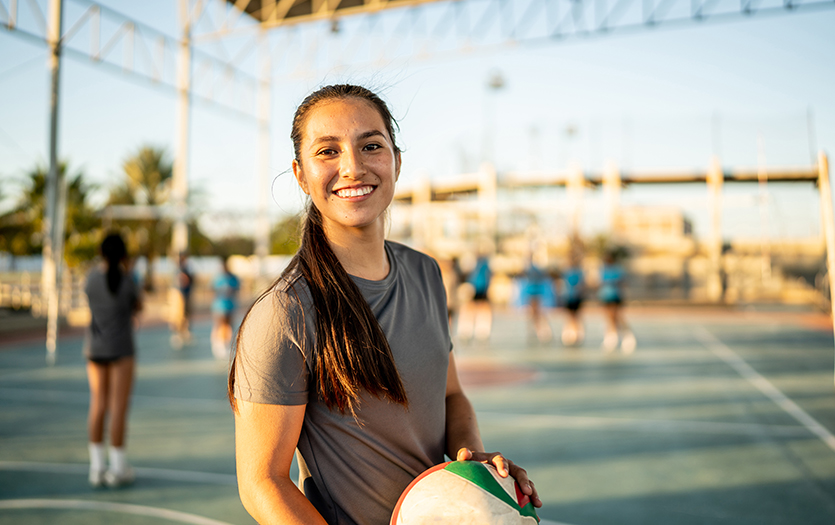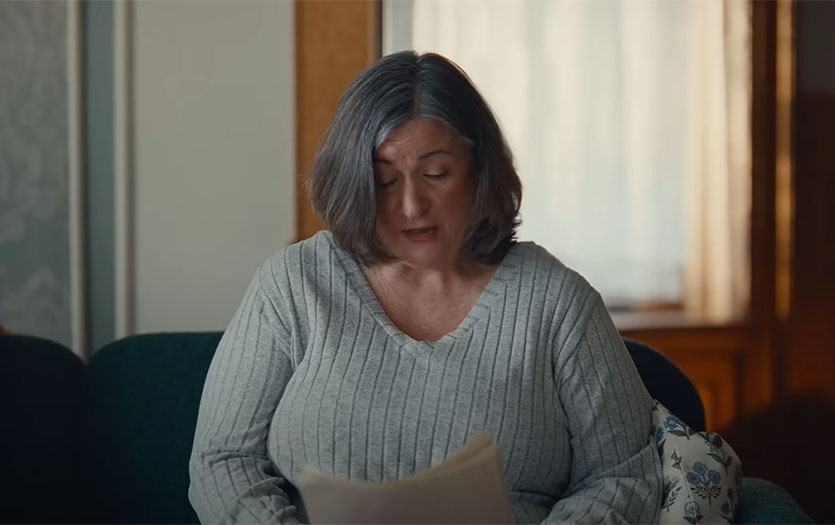This post was written by Jessica Miller, Public Relations Manager, Parkview Health.

This is a story about support, in every sense of the word. We’re all supported by someone, or something, and our support systems are never as critical to our well-being as they are when life throws us a challenge.
Qamari Hassan’s challenge came on August 25, 2017. An 18-year-old star athlete and scholar, Qamari had just begun his college career at the University of Saint Francis on academic and athletic scholarships. During the Cougars’ football training camp, just weeks before the season was to begin, Qamari took a helmet-to-helmet hit that left him temporarily paralyzed. He lay motionless on the field as his team surrounded him and athletic trainers quickly responded.
"My neck snapped back and I just felt myself floating," he recalled. “Right when I hit the ground, I realized I couldn’t move.”
Qamari was rushed to Parkview Regional Medical Center and met by his biggest supporter, his mother, Jhalaniy. Like any mother whose child is suffering, she quickly became the positive energy he needed. The stability in the commotion. And just like that, his legs started shaking. Although some hope had been restored, Qamari underwent surgery that same day to relieve pressure around his spinal cord, the result of serious bruising.
The surgery was successful but his football career was over.

It was exactly one month later when I met Qamari, or “Q” as many know him. I quickly became inspired by his determination and the unwavering support of those around him. He was now at Parkview Hospital Randallia, his room covered floor to ceiling in well wishes from teammates, classmates, current and former coaches, family and friends. Sports trophies from years past lined the countertop next to his window. Pastor Bill McGill of Imani Baptist Temple was also there, telling me he stopped by several times per week to sit with Qamari and support the family both mentally and spiritually. Jhalaniy and Qamari’s stepfather, Marcus, had put everything else in their lives on hold to be with their son.
“I’m his coach now,” Jhalaniy told me during his therapy session as she gave him a sip of coconut water. “We’re doing everything in our power to heal his body and get him moving. When he’s not in therapy, I’m moving his legs. We’re working on fine motor skills, too. And when we go home, there will be little rest.”

Qamari was taking part in an aggressive rehabilitation program using the G-EO therapy system at Parkview Hospital Randallia, a robotic-assisted gait trainer that would re-train his brain how to walk. With his hips and feet supported by the machine, Doug Helsom, lead physical therapist, and John Wallace, student physical therapist, encouraged him to move, pushing him to reach bigger goals with every step. In one particular session, he took more than 1,500 steps.
“That wouldn’t be possible in a week’s period of time using traditional therapy with three or four therapists because of fatigue, effort or manpower,” Helsom said. “The G-EO allows for a higher repetition of steps in less time to allow those signals to start transmitting through the spinal cord.”
The G-EO allows Qamari to move on his own or with the assistance of the machine, with a screen directly in front of him displaying the amount of pressure he put into each step. The G-EO-assisted strides never lasted long, though, before he returned to his own pace and set out to reach the day’s step goal.
“He's the kind of patient every physical therapist dreams of working with because we've seen progress every single day," Helsom added. “If it's up to his work ethic, and it's up to his motivation and his family support, I would certainly bet on him.”
Parkview’s G-EO is one of only eight nationwide. It is the first in the state for inpatient and outpatient use, meaning Qamari was able to reap its benefits as soon as possible following surgery, and will continue to do so even after going home.
“Qamari has always been active,” Marcus said, a reminiscent smile on his face. “When he’s on the G-EO, I’m reminded of the way he ran track or played football – focused and determined.”
It wasn’t long before Qamari was walking. With helpful hands from Doug and John, he was even able to stop by practice to visit his teammates, coming out of the tunnel and walking onto the field in an uproar of cheers and applause.

“My team has been very supportive. They come up here to see me every day,” Qamari said of his fellow Cougars.
He was always in great spirits. Even after his exhaustive G-EO sessions. It was obvious he was determined to recover from his injury – making people laugh along the way – and go on to share his story of persistence and hard work with others.
"Anybody can say 'you've got to do this' or 'you've got to do that,' but if I don't want to push myself, then there's no point in anybody saying anything," Qamari said.
He hopes to someday serve as a pillar of support to others who might also be tackling a challenge. Unsurprisingly, each time I went to see him, he had taken leaps and bounds forward in his recovery.
“Every goal that we’ve set, he’s breezed right through it,” Jhalaniy said. “I have no doubt that we’re walking out of here.”

And that he did. On Saturday, October 14, after 50 days in the hospital, he set foot outside Parkview Hospital Randallia, bound for home. His support system – from Jhalaniy to G-EO – remaining a key component to his healing. We applaud those throughout Parkview Health and the community who are supporting patients, their families or one another. And as for Q, we can’t wait to see where his next step takes him.



